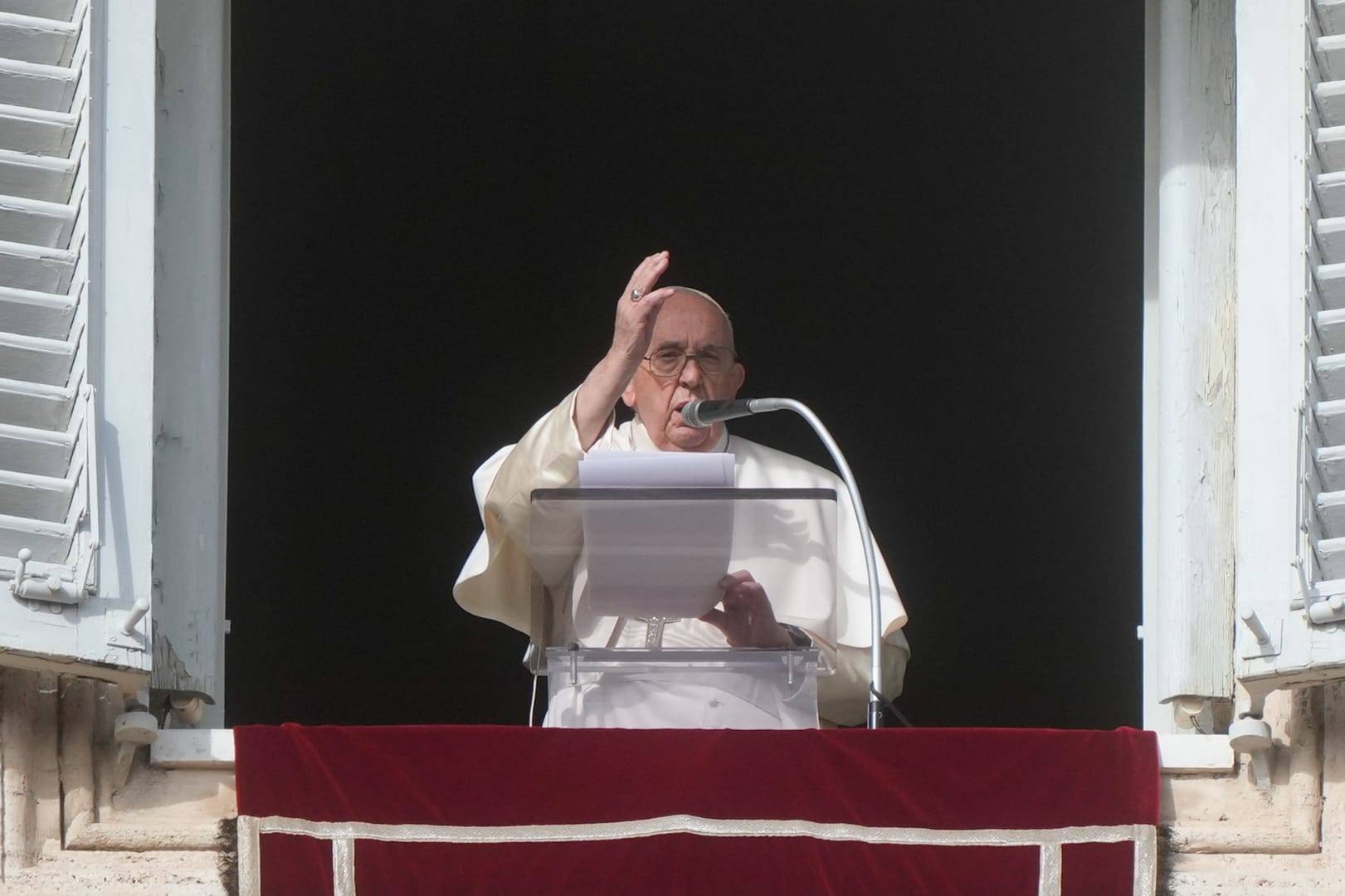MUMBAI – In what many will see as another blow to religious minorities in India, the country’s Supreme Court on Monday stated that annulment decrees granted by Catholic tribunals, popularly known among Indians as “church courts,” have no legal standing.
As a result of the ruling, Catholics remarrying after such a decree but without obtaining a secular divorce would theoretically be guilty of bigamy.
Although the Catholic Church does not permit divorce, it does have an internal legal process that allows believers to obtain a ruling that a marriage bond wasn’t valid on the grounds of one or more defects.
If such a finding is obtained, then a Catholic is able to marry with the recognition of their Church. The new ruling, however, forces faithful Catholics to seek a secular divorce as well as the finding of a Church tribunal.
A Catholic lawyer named Clarence Pais, an octogenarian based in Bangalore, has long sought legal recognition of the rulings of Church tribunals, and brought the recent case before India’s Supreme Court.
Pais argued that marriage and annulment among Catholics are governed by the Church, and, in the absence of its recognition by law, unsuspecting Catholic men and women could face prosecution for bigamy.
India’s Solicitor General, Neeraj Kishan Kaul, contended that the Supreme Court had already settled the issue on the authority of church courts.
In its 1996 ruling in the “Molly Joseph v. George Sebastian” case, the court ruled that “unless the Divorce Act recognizes the jurisdiction, authority or power of an ecclesiastical tribunal … any order or decree passed by such tribunal cannot be binding on the courts which have been recognized under the provisions of the Divorce Act to exercise power in respect of granting divorce and adjudicating in respect of matrimonial matters.”
The “Divorce Act” is an 1869 measure that regulates the dissolution of marriages in India.
The issue before the Supreme Court there came down to whether the Indian government would recognize the authority of the Church to have its own system in terms of marriage and annulment.
Pais said hundreds of applications seeking dissolution of marriage were pending before Church courts.
“The Code of Canon Law regulates and provides for the solemnization of marriage by the parish priest of a church, and also declaration of nullity of marriage,” he said.
“The Christian Marriage Act provides for the solemnization of marriage in a Catholic church in accordance with the provisions of the canon law, and declaration of its nullity is regulated by the Code of Canon Law.”
The reference was to an 1872 law that dealt with the legal situation regarding marriages between Christians in the country.
With its new ruling making the illegality of annulment more plain, Pais argues that the Supreme Court risks criminalizing many Catholic Indians for doing something they have done routinely for decades.
“If criminal courts, … reject the application of canon law as the personal law of the Catholics, a very serious result will follow and hundreds of spouses under the second marriage will have to face prosecution, jail and fines,” he said.
Christians in India may see the new ruling as another instance of hostility to religious minorities from the government, which is presently led by a party tightly linked to militant right-wing Hindu nationalist movements.

















